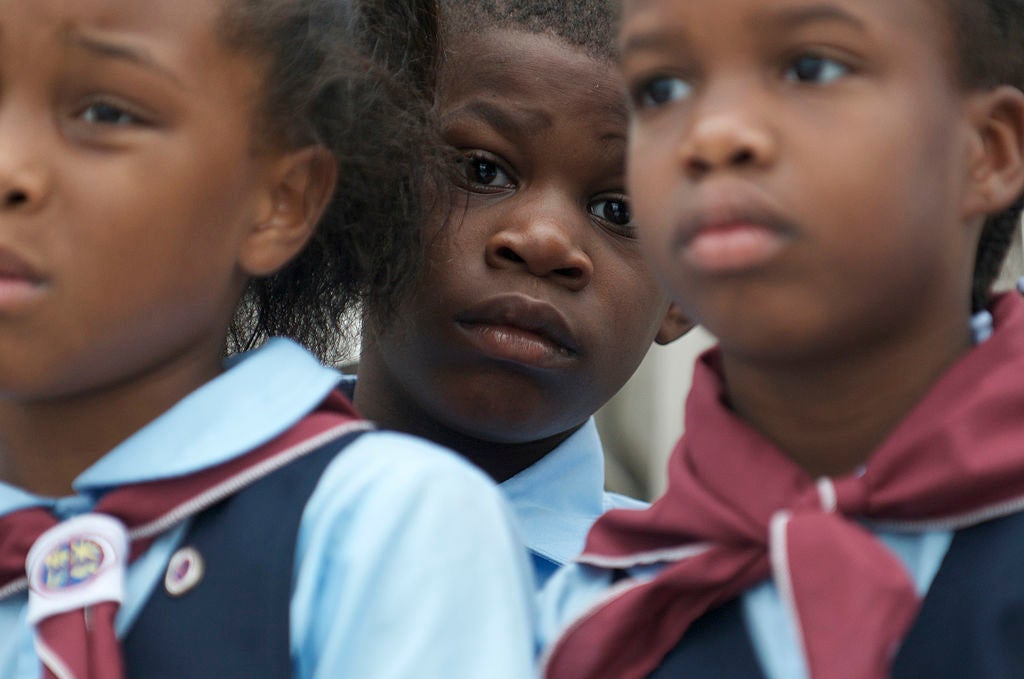Hurricane Katrina decimated the city of New Orleans, leaving an estimated 80% of it underwater after the faulty levees broke. Entire neighborhoods were destroyed, primarily in predominantly Black communities, leaving 70% of all occupied housing units severely damaged or uninhabitable.
Approximately 1,833 people died because of Katrina—1,577 in Louisiana, 238 in Mississippi, 14 in Florida, two in Alabama, two in Georgia. According to the Data Center, an estimated 1,000 of those deaths were in New Orleans.
According to a 2010 Children’s Health Fund study, “Legacy of Katrina: The Impact of a Flawed Recovery on Vulnerable Children of the Gulf Coast,” children displaced by Katrina were 4.5 times more likely to have symptoms consistent with serious emotional disturbance than did comparable children surveyed in a 2004 national study. And many (mostly Black) students who were labeled as having behavioral issues were funneled into neglected public schools, and ultimately the criminal justice system—trauma be damned.
In today’s world, as children struggle with isolation, anxiety, and fear exacerbated by the COVID-19 pandemic, concerned adults should pay close attention to the children in their care.
“The impact that the virus will have on the city will inevitably conjure memories of Katrina for many New Orleanians. COVID-19 will affect every aspect of life,” Dr. Denese O. Shervington wrote in the white paper, Mental Health Framework: Coronavirus Pandemic In Post-Katrina New Orleans. “Its predicted force is akin to a tsunami: a devastating eruption generating a series of progressive waves that sweep across the land in ever-widening circles.
“Children that were born into and lived through the aftermath of Katrina continue to show emotional distress nearly 15 years after the disaster,” Shervington continues. “The trauma caused by this public health crisis will be carried and embodied for the longest time by the youth that are living through it.”
In the video below, Dr. Joia Crear Perry, President of National Birth Equity Collaborative; Carmen Green, Vice President of Research and Strategy, National Birth Equity Collaborative; and Dr. Denese Shervington, CEO Institute of Women and Ethnic Studies, discuss.
—
ESSENCE is committed to bringing our audience the latest facts about COVID-19 (coronavirus). Our content team is closely monitoring the developing details surrounding the virus via official sources and health care experts, including the World Health Organization (WHO), the Centers for Disease Control and Prevention (CDC) and the Occupational Safety and Health Administration (OSHA). Please continue to refresh ESSENCE’s informational hub for updates on COVID-19, as well as for tips on taking care of yourselves, your families and your communities.
